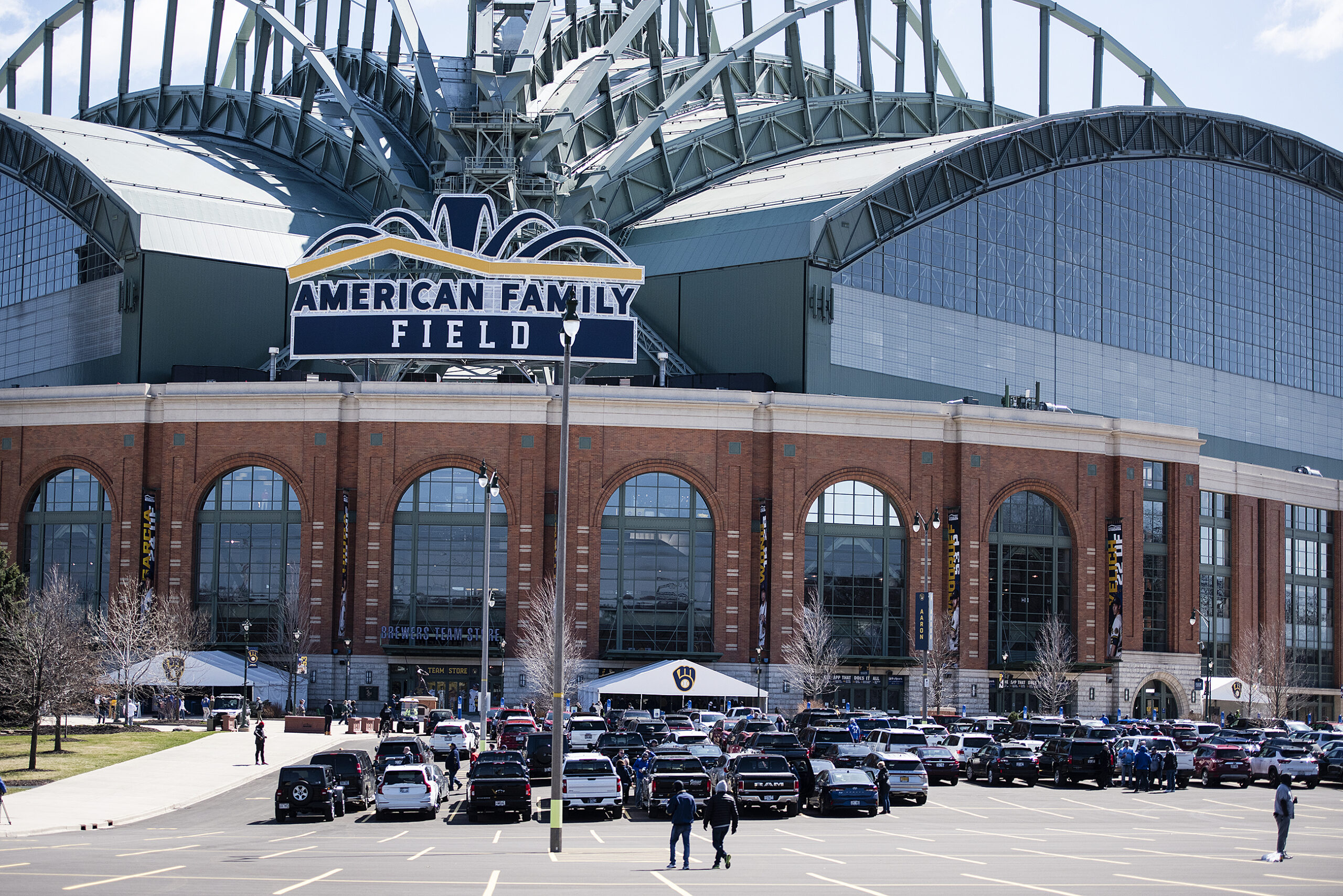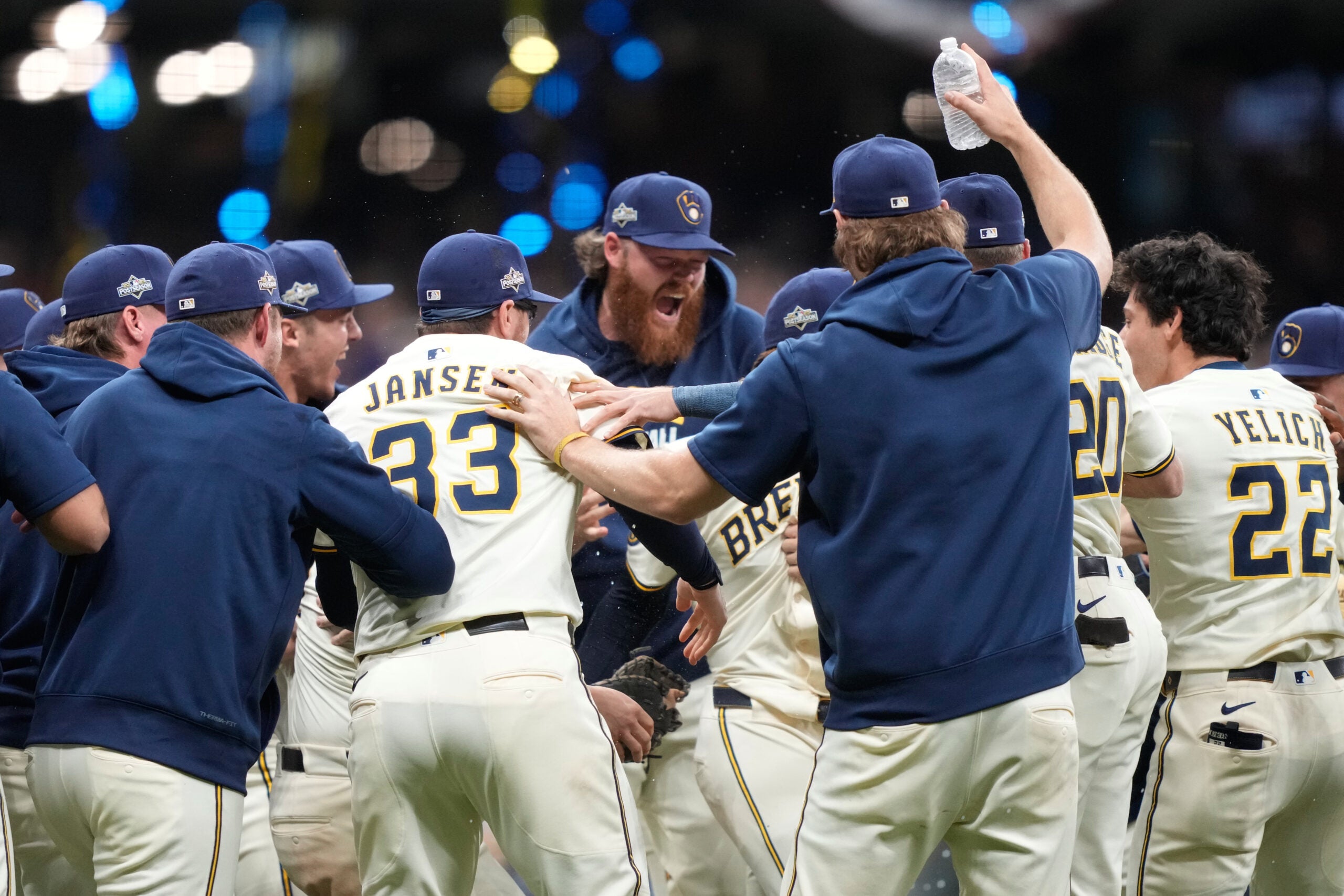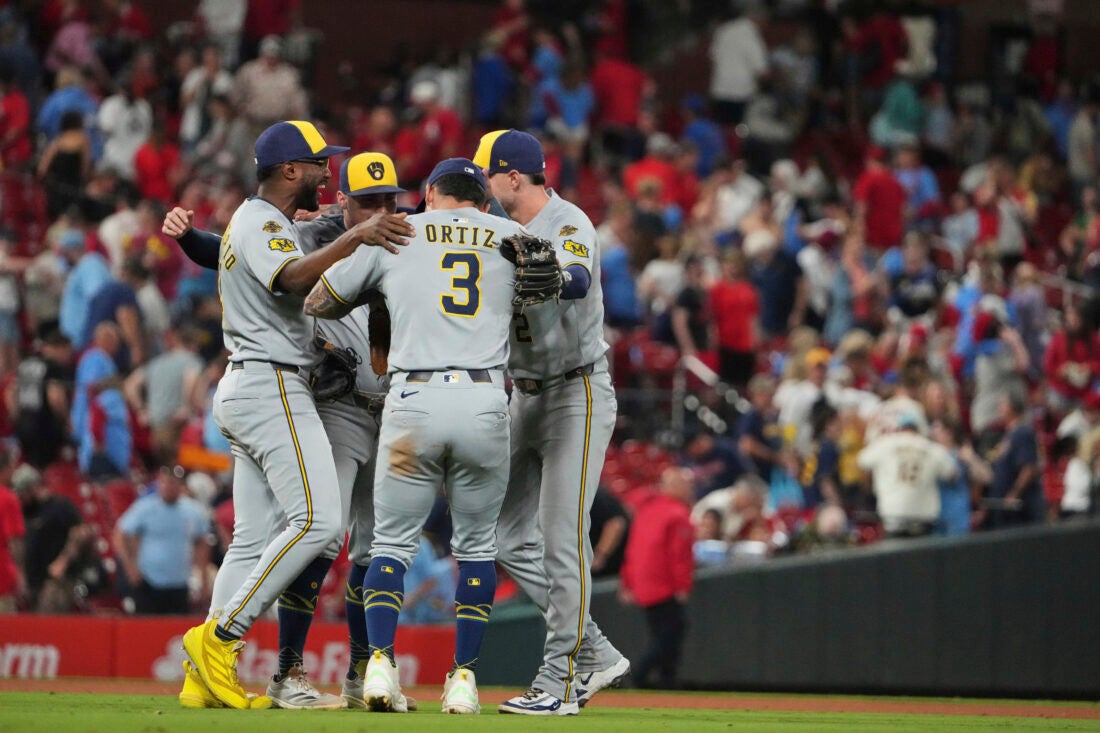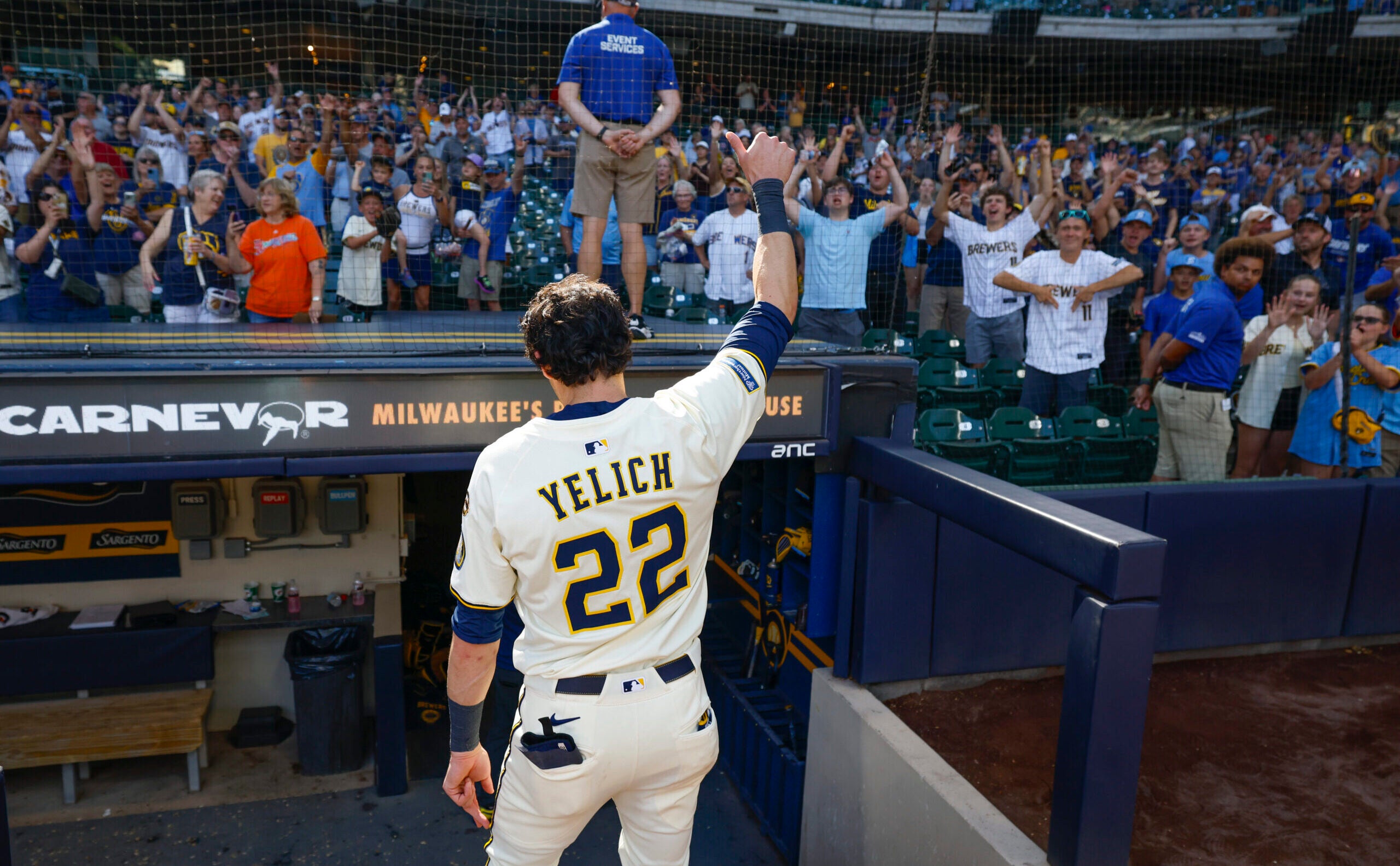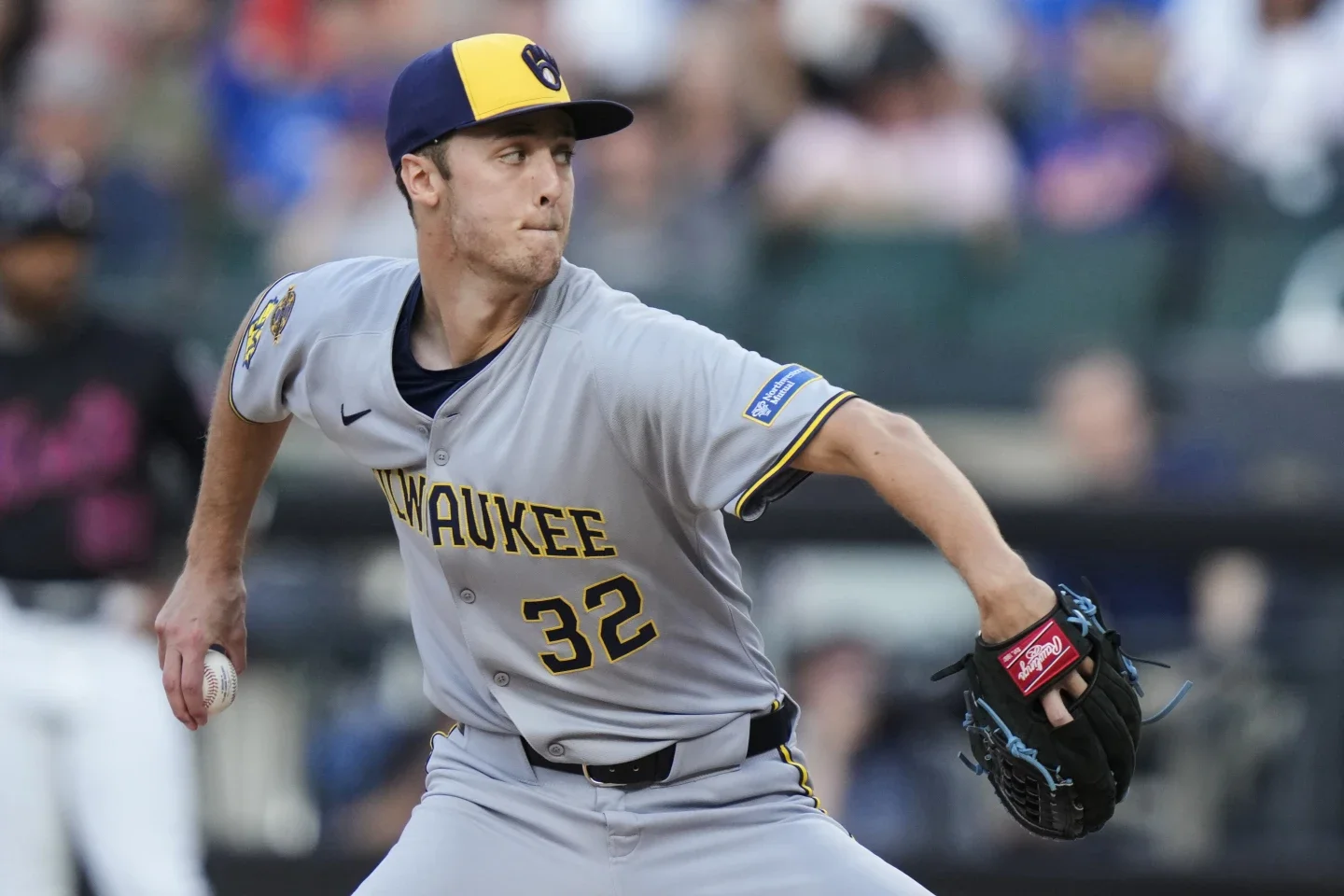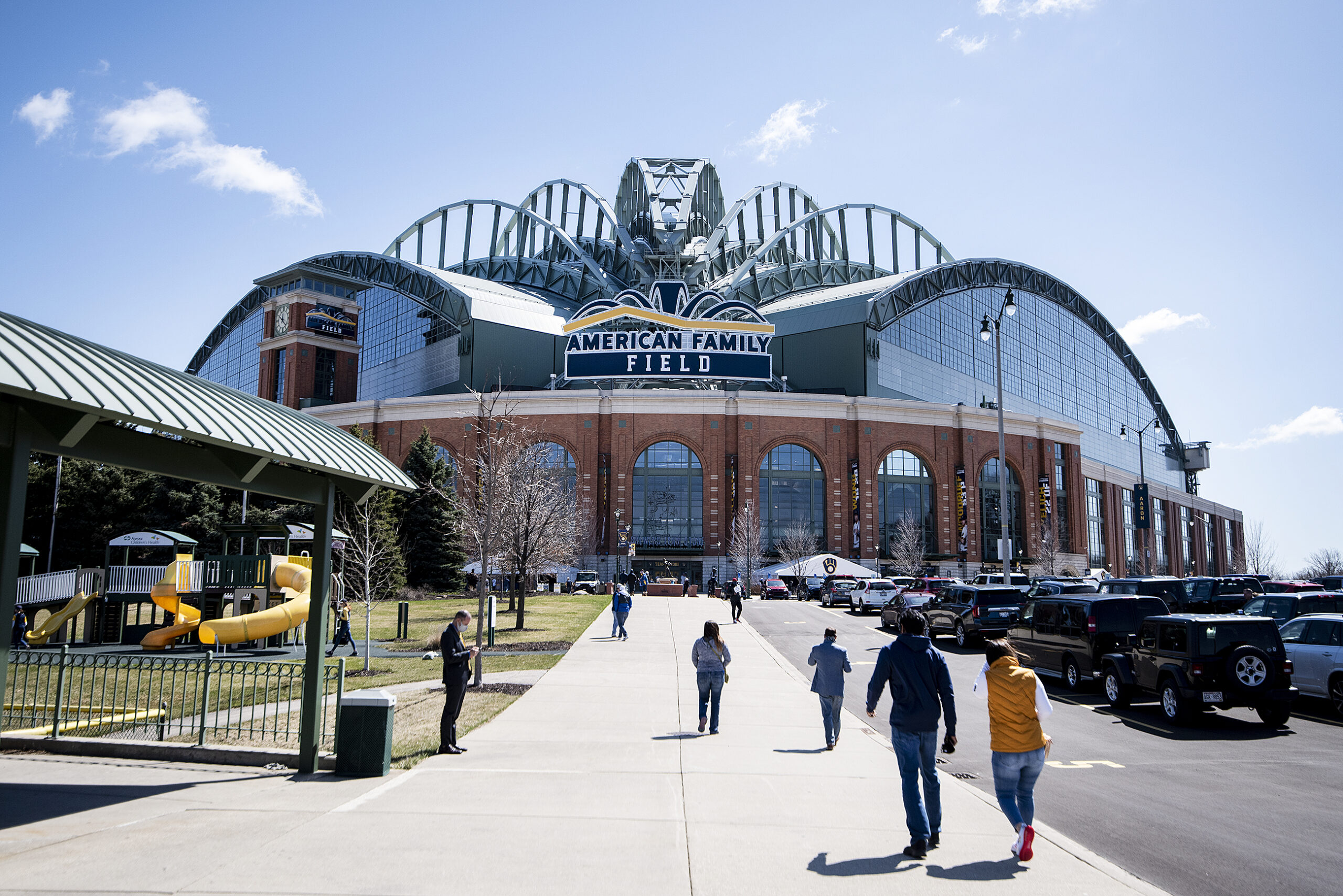A $290 million plan to ensure the Milwaukee Brewers stay in Milwaukee has been shut down by Wisconsin’s top Republican, but a new coalition of statewide leaders are hopeful a bipartisan agreement will soon come to fruition.
The funding plan, announced by Gov. Tony Evers in February, would come in the form of a one-time payment for improvements to American Family Field. As part of the deal, the Brewers would sign a new lease that would keep the team in Milwaukee until 2043.
But Wednesday, Assembly Speaker Robin Vos, R-Rochester, said that deal was likely “dead,” according to the Associated Press. A spokesperson for Vos confirmed that with Wisconsin Public Radio on Thursday, but provided no additional details.
News with a little more humanity
WPR’s “Wisconsin Today” newsletter keeps you connected to the state you love without feeling overwhelmed. No paywall. No agenda. No corporate filter.
While Vos said Republicans would not support Evers plan, he did say he’s in favor of keeping the Brewers in Milwaukee.
In response, Gov. Evers’ spokesperson said the deal would protect one of the state’s “economic engines.”
“We remain hopeful Speaker Vos’ partisan theatrics will not get in the way of our deal to keep the Brewers in Milwaukee for another two decades,” Britt Cudaback said in a statement.
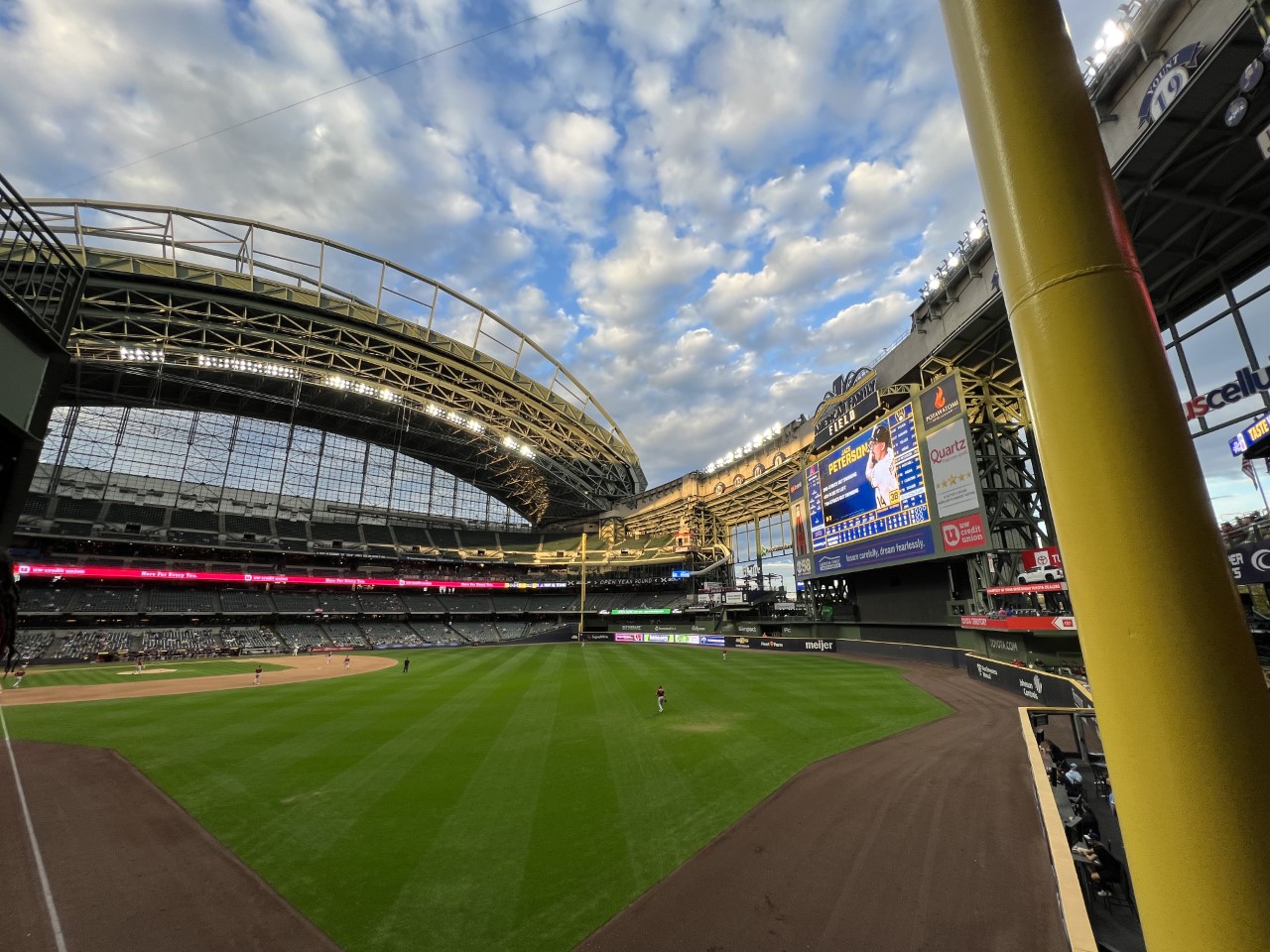
The news comes as a diverse group of statewide leaders announced this week the creation of the Home Crew Coalition. The group says they are working to ensure the Brewers stay in Milwaukee.
The coalition is also hoping for a bipartisan solution to fund the upgrades to the stadium. It says the Brewers have created an estimated $2.5 billion in statewide economic impact since the opening of Miller Park in 2001.
Omar Shaikh, a Milwaukee restaurateur and developer, is the chair of the coalition. He responded to the news from Vos in a statement.
“We are committed to building bipartisan support for professional baseball in Wisconsin. We are excited to have begun our work and welcome anyone who wants to join us in keeping baseball and its massive economic impact here at home,” Shaikh said.
Others on the coalition include Mike Grebe, the former chair of the Republican Party of Wisconsin, Tracy Johnson, the president of the Commercial Association of REALTORS Wisconsin and Peggy Smith, president of VISIT Milwaukee.
Johnson said she’s hopeful a plan to keep the team in Milwaukee will happen eventually.
“We applaud and appreciate what the governor has put forth to invest in the ballpark and we really, really want to build that bipartisan support, cause when you have bipartisan support you have a better outcome,” Johnson said.
Shaikh said the Brewers are a point of pride for the state.
“It’s important that we do what is needed to ensure Major League Baseball is preserved in our state for the next generation,” he said.
“Generating thousands of jobs and billions in direct spending, it’s important that we recognize the massive economic impact the team and the ballpark have on our state. Through our collective efforts, the Home Crew Coalition aims to deliver that message statewide and ensure the Brewers can call American Family Field their home for years to come,” Shaikh continued.
Plans knocked down
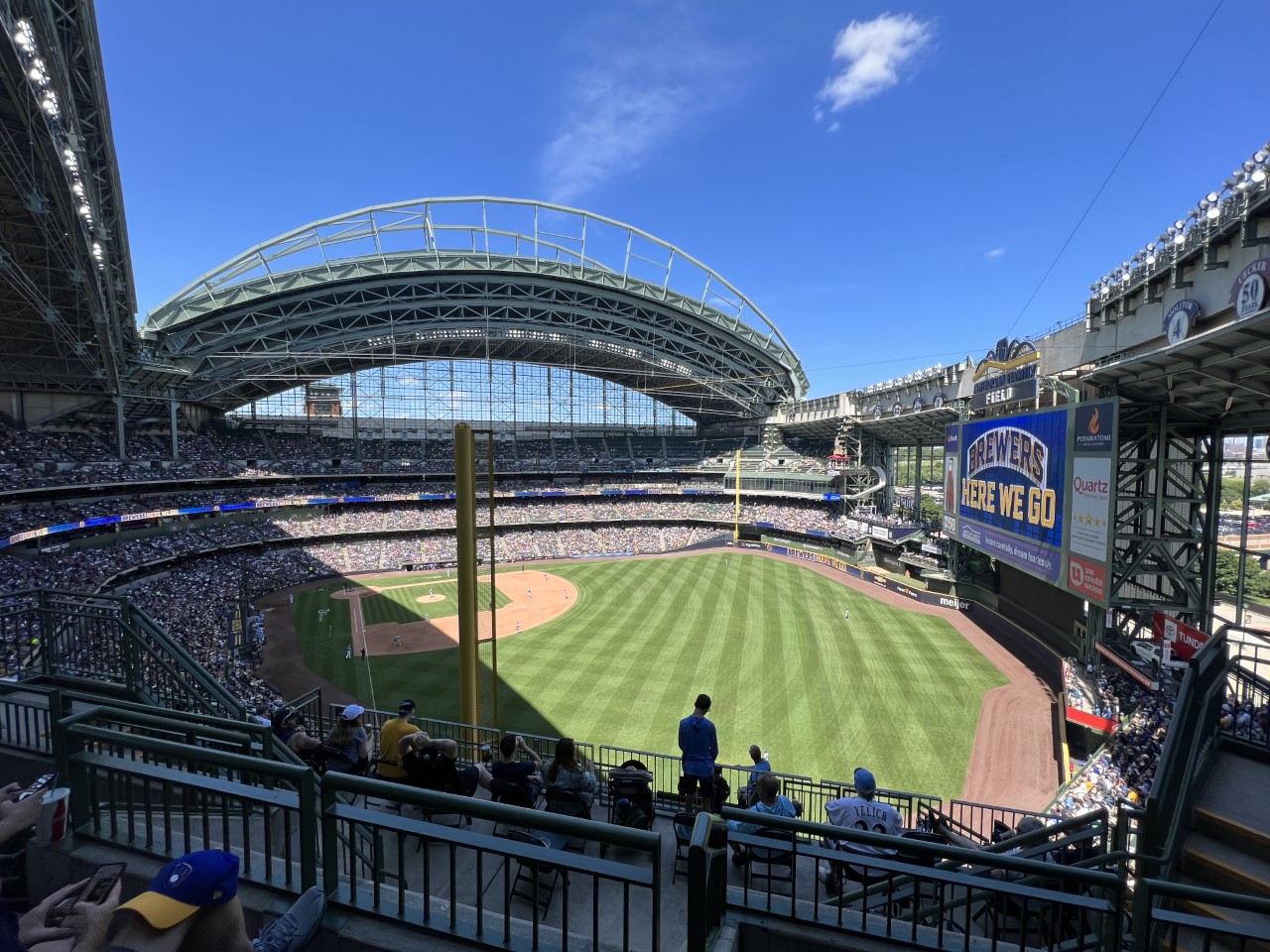
In Evers’ proposal, money would have been used for several upgrades and renovations at the stadium, which was renamed American Family Field in 2021. Rick Schlesinger, the president of business operations for the Milwaukee Brewers, has said the stadium’s retractable roof is in need of repair.
The Southeast Wisconsin Professional Baseball Park District is charged with overseeing and maintaining American Family Field. Evers’ offices said that without funding from the state, the district does not have the resources to meet its obligations to maintain the stadium.
A 2020 report from Conventions, Sports and Leisure International found the Brewers paid about $106.8 million in upgrades to maintain the stadium since its creation. They’ve also paid about $20 million in rent to the stadium district since 2001.
Evers’ deal would be paid for with a portion of the state’s projected $7.1 billion dollar budget surplus.
“Without this investment,” warned a press release from the governor’s office, “the Milwaukee Brewers and Major League Baseball could leave Milwaukee as soon as the conclusion of the 2030 season when the current least with American Family Field expires.”
Evers’ office said keeping the Brewers would generate more than $400 million in revenue over the next two decades.
Do public deals work?
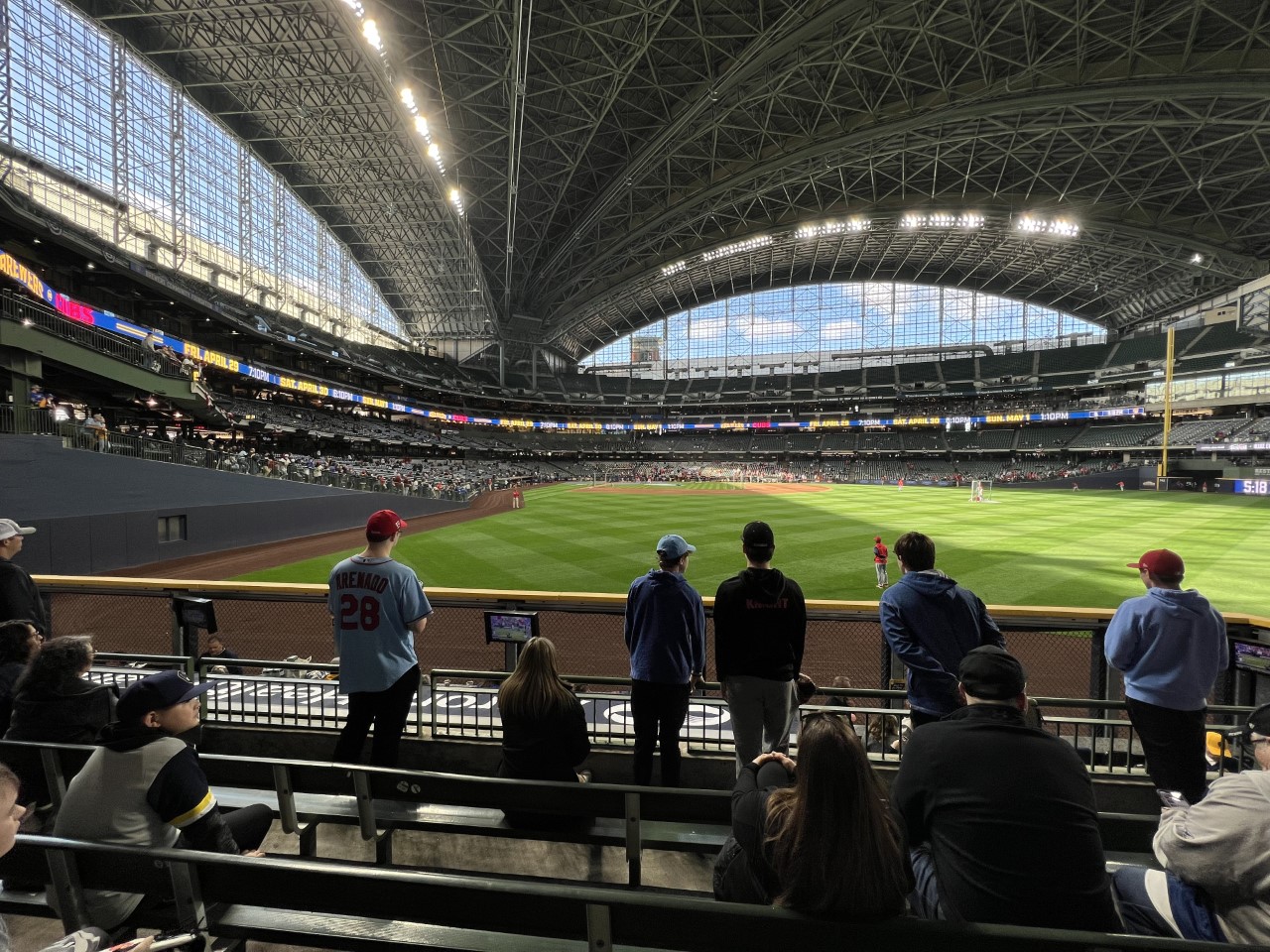
Evers is also proposing $9.3 million in his capital budget for an 8,000-seat stadium which will serve a Milwaukee soccer team coming to the city in 2025. The stadium will be home to the Iron District MKE, an 11-acre sports and entertainment development that will be built along the south edge of downtown. Marquette University’s soccer and lacrosse teams will play in the new venue. The stadium will also be used for live entertainment and concerts.
But not all economists think public funding for sports stadiums is a good idea, including Dr. Victor Matheson, an economics professor at the College of the Holy Cross,
“Investment in sports facilities is a poor use of public money,” Matheson said. “There aren’t large economic benefits associated with it, not much in the way of spillovers into the general community.”
Matheson said at American Family Field, the majority of spending will likely be done in the stadium and not at other sites across the city. That doesn’t benefit the public, he believes.
The 1995 Brewers deal to construct Miller Park authorized government bonding, or borrowing, to pay for construction of the stadium. Borrowing for the project totaled more than $259 million, according to a 2019 memo from the nonpartisan Legislative Fiscal Bureau. Taxpayers in Milwaukee, Ozaukee, Washington, Waukesha and Racine counties paid an extra 0.1 percent sales tax to retire that debt and the associated interest. Evers signed a law in 2019 requiring the local sales tax to expire in 2020.
The Conventions, Sports and Leisure International report found that from 2001 to 2019, the stadium created $2.5 billion in total output for the state, including $1.6 billion in direct spending and $263 in new taxes.
The Milwaukee Bucks stadium deal was structured as a public-private investment, calling for $250 million in private funds and $250 million from taxpayers. Following negotiations with GOP lawmakers, the state’s of public funding for the arena was $80 million.
VISIT Milwaukee estimated the Milwaukee Bucks’ historic championship run brought $57.6 million in direct and indirect spending to the community in less than three months in 2021.
Wisconsin Public Radio, © Copyright 2025, Board of Regents of the University of Wisconsin System and Wisconsin Educational Communications Board.

